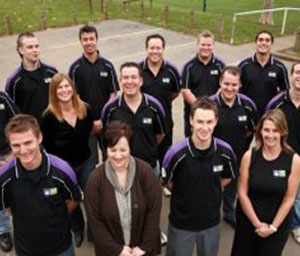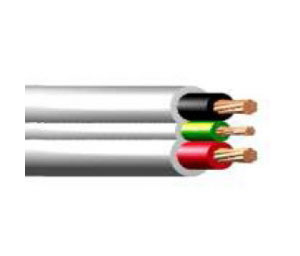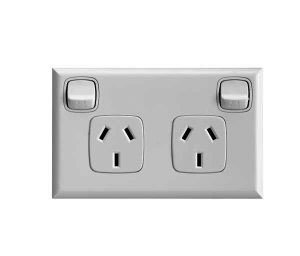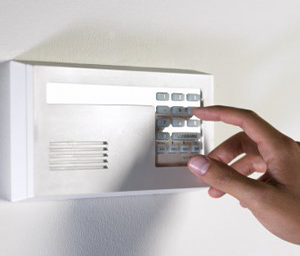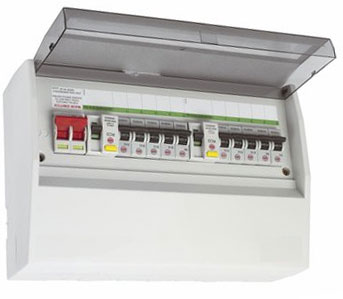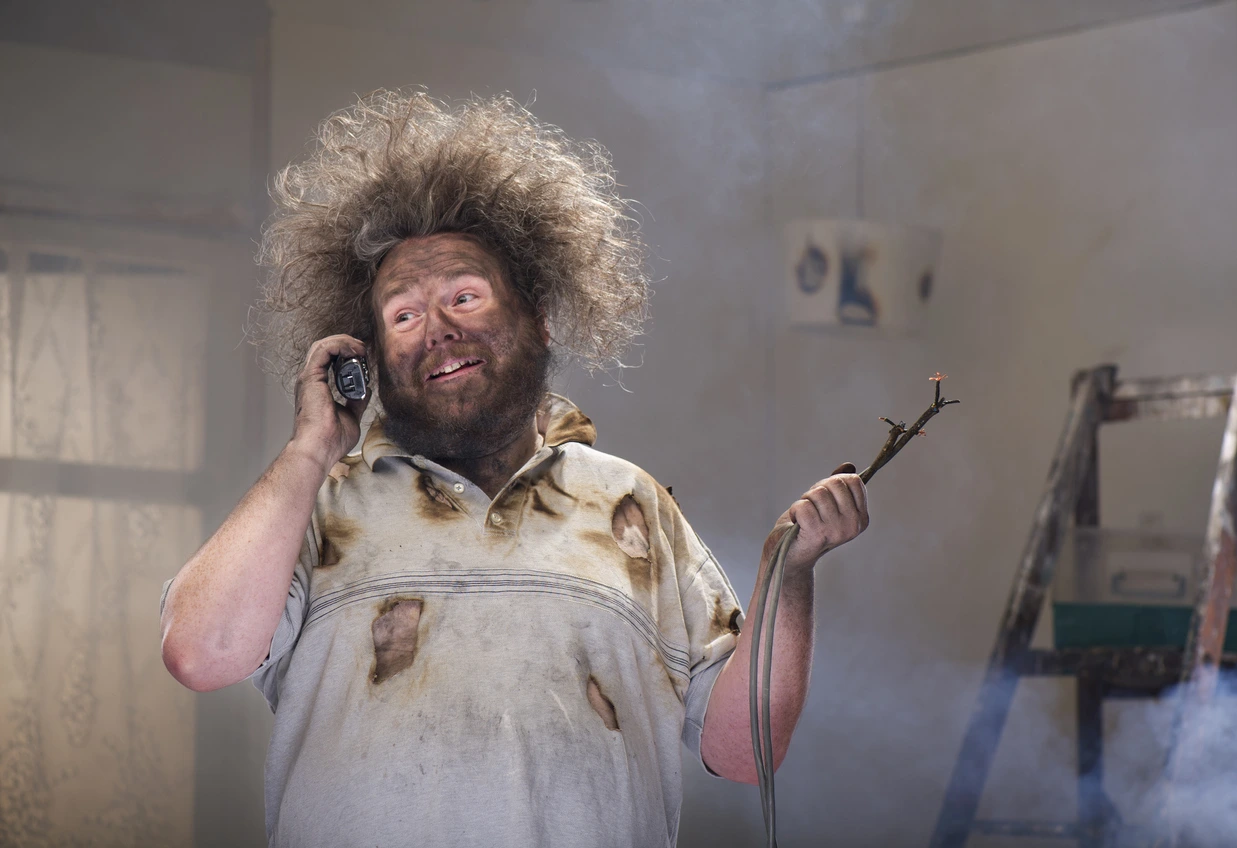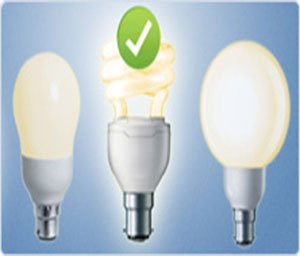
RightLight is a programme championed by the NZ Energy Efficiency and Conservation Authority (EECA). The initiative is designed to help people learn about efficient lighting.
The website www.rightlight.co.nz provides lighting efficiency tips for the home and business. The site contains information on the following areas:
Home Environments: How to Save Money, Why Change, Choosing the Right Light
Choosing the right energy efficient light will become an easier task with knowledge the website provides in these areas;
-
- Replacing existing bulbs; how to choose, bulbs & fittings, what watt?, which white?, where to buy, case study
- Types of bulbs; compact fluorescent lamps, halogen spotlights, new generation halogen globe, linear fluorescent tubes, light emitting diodes, specialist halogen bulbs
- Building or Renovating; design tips, virtual designer, room by room, lighting control systems, style gallery
Business Environments: Office, Industrial, Retail, Education
Each business environment has specific considerations in the following areas;
- The right light level
- Types of light
- Lighting controls
- Things you can do
- Next steps
The Rightlight website has so much information so people might find it a little overwhelming. If less is more, then go straight for the quick tips page if you’re interested in business environments. If your focused on the home then head to the resources section tips page. Here are a few selected tips from the website you might find useful;
Quick Efficient Lighting Tips for Business
- Install occupancy sensors in office and car parks
- Use table lamps or task lighting for desks/work areas vs entire room lighting
- Install day light sensors to dim lights when not required in full
Quick Efficient Lighting Tips for the Home
- Turn lights off (the simplest way)
- Use CFLs (compact fluorescent lamp)
- Light-coloured walls
- Task specific lights (one solution doesn’t work in all areas)
- Low watt lamps in bedroom
- Additional conveniently located light switches
- Outdoor security lights on sensors
Need an Electrician for your Efficient Lighting Requirements?
Hall Electrical can assist you with your electrical repair, faults, design, installation and maintenance. Call us on 09 379 9198







